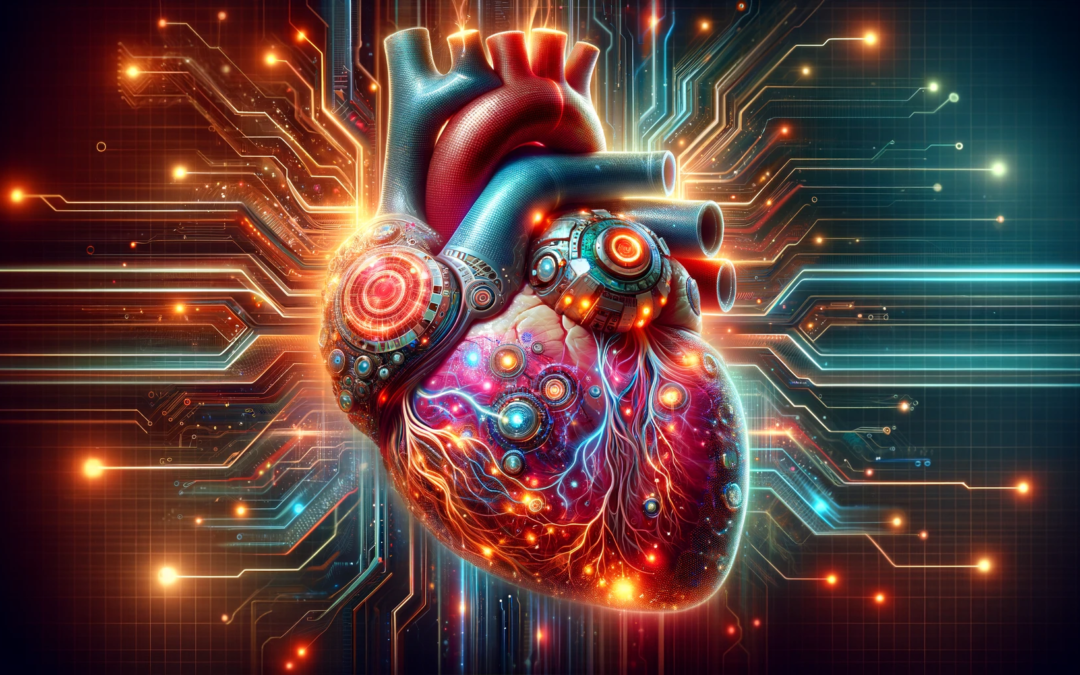Bridging Biology and Technology
In the rapidly evolving domain of biomedical science, cyborg-tissues represent a pioneering leap into the future. This innovative field melds the organic intricacies of living tissues with the precision of electronic elements, forging a new frontier in medical technology. Cyborg-tissues, more than a mere scientific endeavor, are a testament to the ingenuity of human innovation in our quest to heal and enhance the human body.
The Essence of Cyborg-Tissues
At the heart of cyborg-tissues lies the seamless integration of biological components with microelectronics. These hybrid structures are engineered to emulate the properties of natural tissues while incorporating functionalities that surpass the capabilities of either component alone. Imagine a cardiac patch that not only supports damaged heart tissue but also monitors cardiac activity and delivers targeted therapies. This is the realm of possibility that cyborg-tissues unlock.
Revolutionizing Medical Treatment and Recovery
The potential applications of cyborg-tissues in medicine are vast and profound. In regenerative medicine, they offer groundbreaking approaches to tissue repair and organ transplantation. Cyborg-tissues can be tailored to individual patients, reducing rejection risks and enhancing recovery outcomes. They also hold the potential for real-time monitoring and response systems within the body, heralding a new era of personalized and proactive medical care.
Enhancing Human Capabilities: Beyond Healing
The implications of cyborg-tissues extend beyond therapeutic applications. They open up avenues for augmenting human capabilities, raising both exciting prospects and ethical questions. Could we see a future where cyborg-tissues enhance our physical abilities or interface directly with technology? While this prospect is thrilling, it necessitates careful consideration of the ethical, societal, and psychological impacts of such advancements.
Navigating Ethical Complexities
The advent of cyborg-tissues brings with it a multitude of ethical considerations. The blurring lines between the biological and the technological challenge our traditional notions of identity and humanity. Issues of accessibility, consent, and the long-term effects of integrating such technologies into the human body must be addressed with thorough ethical deliberation and public discourse.
The Horizon of Cyborg-Tissue Technology
The future of cyborg-tissues is not just a pathway to advanced medical treatments; it’s a journey towards a new understanding of the relationship between biology and technology. As research and development in this field continue to surge, we stand on the brink of a new chapter in human evolution, one where the symbiosis of organic and electronic components can lead to unprecedented advancements in health, longevity, and human potential.
Cyborg-tissues, merging living tissue with electronics, are at the forefront of biomedical engineering. They offer transformative possibilities in medicine and human enhancement, but also present significant ethical challenges. This technology is set to reshape our approach to health and redefine the boundaries of human capability.










